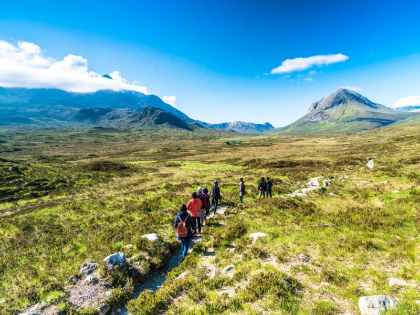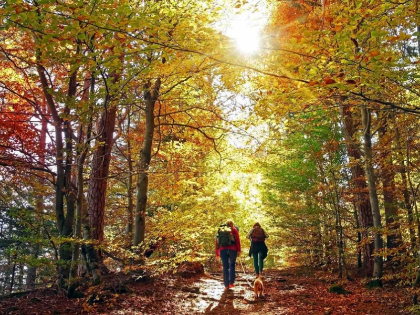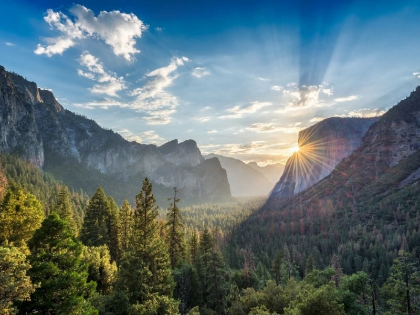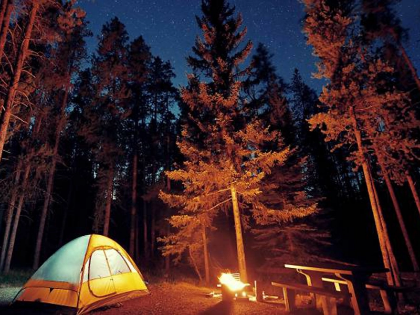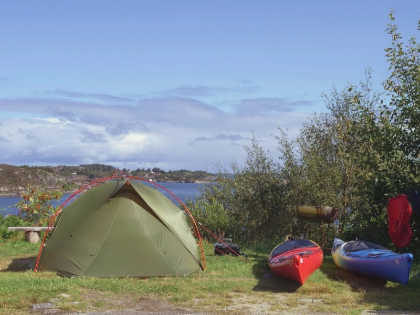Who Invented Camping?
Who made camping history?Although people have long been setting up camp on their own in the woods, organised camping got its start in 1861 with the establishment of Gunnery Camp in Washington, Connecticut. The YWCA founded Sea Rest, its first camp exclusively for women, in 1874.
The Camper's Handbook, published in 1908 by Thomas Hiram Holding, contributed to the rise in popularity of recreational camping. He is credited with founding contemporary camping.
Frederick Gunn
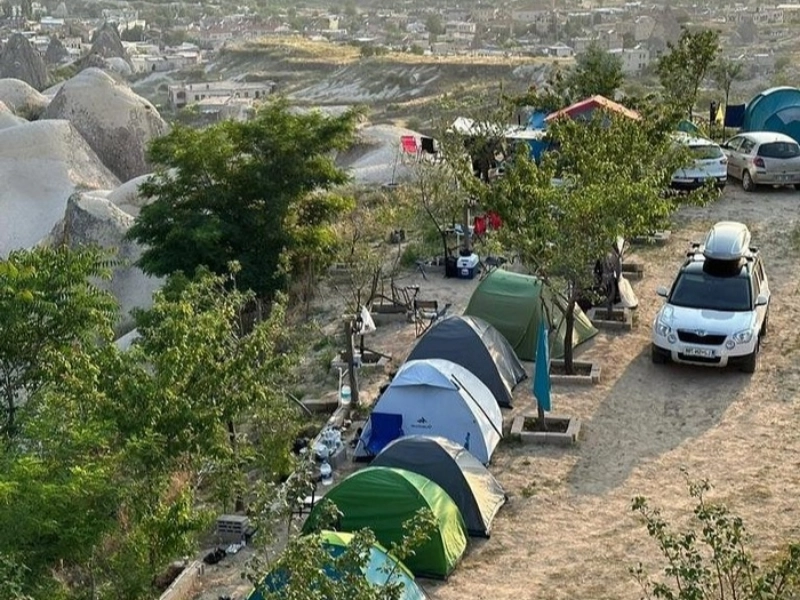
Experts surmise that organised camping for recreational purposes became a separate activity in the 1860s. During this time, Milford-on-the-Sound in Washington, Connecticut, opened its boys' summer camp to pupils from Gunnery School. Tenting on the riverbank grew common, and boating along the Thames in London became a popular pastime for both men and women in the Victorian era. In fact, a type of boat known as a Thames skiff still exists today.
Abolitionist and educator Frederick Gunn thought that spending time in nature was the best method to help his students reach their full potential. He would teach his boys about their relationship with nature and survival skills by taking them on two-week expeditions into the bush. He also taught them how to read the stars in a pitch-black night sky, go on walks in the spring to identify flowers, and go on winter excursions to locate animal traces and caverns where animals hibernate. Children from the gunnery went on to become teachers, naturalists, and writers.
Murray, William H.H.
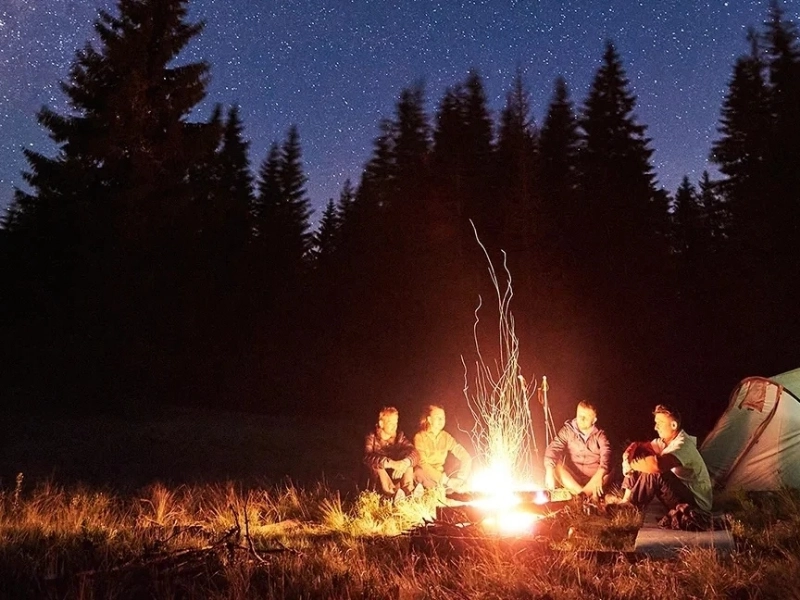
To put it briefly, Murray's book introduces recreational camping to the general public in the United States. It was not without controversy, though.
Murray was a well-liked clergyman in Massachusetts and Connecticut. He took informal notes about his travels, concentrating on directions and landmarks, while spending his summers in the Adirondack Mountains.
Using these notes, he wrote Adventures in the Wilderness, a book that was released in 1869. It turned into an unexpected smash that made city people think of camping.
By incorporating camping into a framework of pilgrimages, Murray's book also helped mainstream camping in American culture. He urged his readers to embrace the "wilderness as a sanctuary from the tumultuous world," arguing that the vast outdoors may serve as a purifying balm for the sins of city living.
Holding, Thomas Hiram
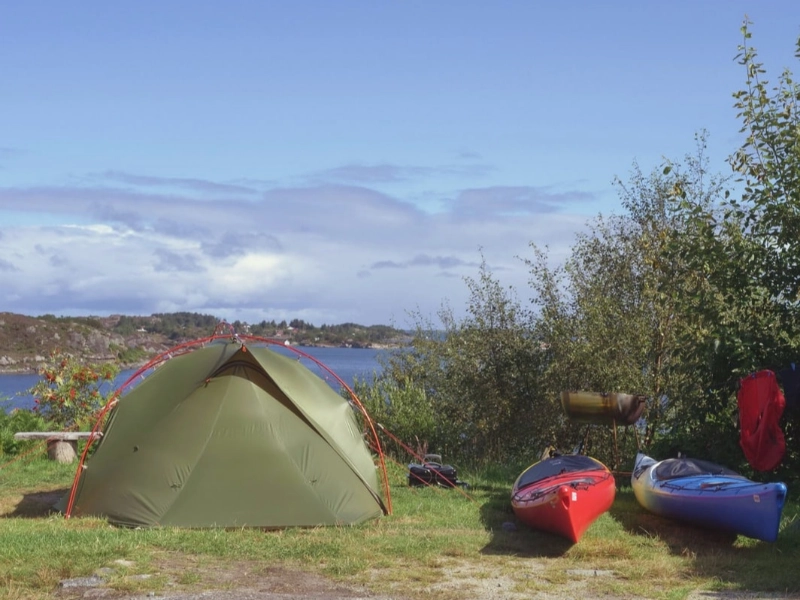
Recreational camping began to gain popularity in the 19th century, though it predates both human migration and armies on the march. In 1908, a travel writer by the name of Thomas Hiram Holding wrote the first handbook for campers, contributing to the popularisation of this activity.
By declaring that "ladies need not fear that the experience will be unpleasant or too uncomfortable," he knocked down barriers between the sexes as well. Conversely, it appears that they enjoy it."
Camping's popularity was further fueled by the development of cars and railroads, as well as the advent of equipment like more easily assembled tents. The availability of frozen and canned foods also contributed to the popularity of camping by reducing the amount of work involved in the activity. Camping is becoming more and more popular these days as people look for ways to unwind from their hectic lives. Young does point out that the national park system is dealing with issues such as unequal visitor numbers by race and class and an environmentally questionable method of administering public land. These issues coincide with the current boom in tourism.
Theodore Roosevelt
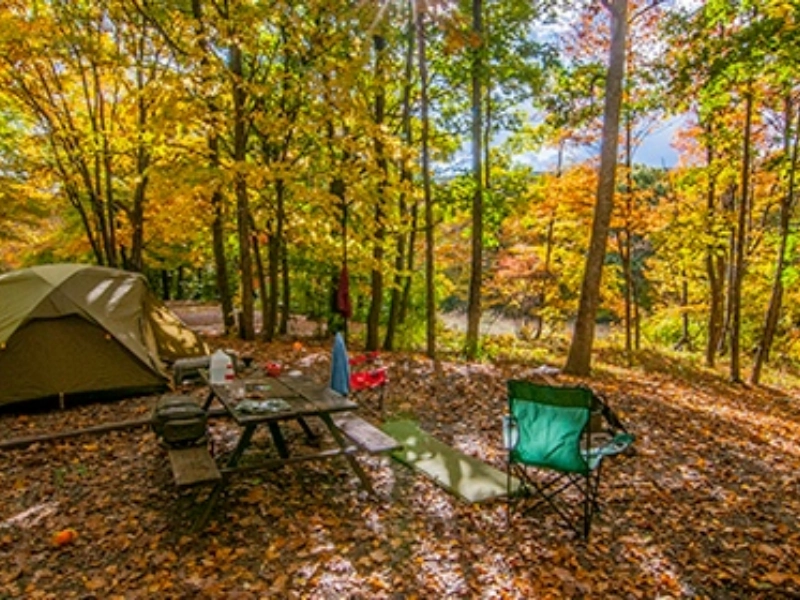
People frequently associate camping with starry nights spent cuddling up to a roaring fire and sharing stories. However, the history of this kind of outdoor enjoyment is far more nuanced, as CU Boulder professor Phoebe Young explains in her new book, Camping and the American Dream: Inclusion, Exclusion, and a Love for the Wild.
In 1861, Frederick Gunn established Gunnery Camp in Washington, Connecticut, where he brought schoolchildren on two-week trips into the backcountry to teach them about the wonders of nature and his opinion that engaging in outdoor activities like camping was the greatest way to comprehend our place in the universe.
Thanks to his 1908 Camper's Handbook, Thomas Hiram Holding is regarded as the founder of contemporary recreational camping. However, throughout the 1800s, he and other outdoor enthusiasts had organised camps for youth organisations (such as the Boy Scouts), travelled across prairies in waggon trains, and camped in canoes. And our camping traditions would be considerably shorter without John Muir, the conservationist who developed the National Park System.
